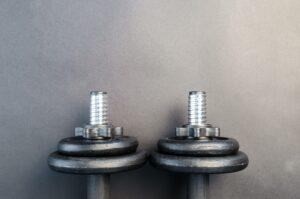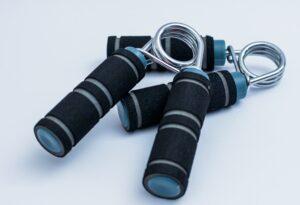The effects of caffeine on exercise and sports performance

Coffee, tea, energy drinks, and dietary supplements are all frequent sources of caffeine, a stimulant. Some prescription drugs and over-the-counter goods also include it. Caffeine can have a range of impacts on athletic performance, both beneficial and detrimental.
Caffeine has beneficial impacts on athletic and exercise performance, such as greater muscle strength and power and decreased perceived exertion.It can increase endurance by the release of adrenaline, which can aid in the mobilization of fat reserves for energy. Additionally, it can postpone the onset of exhaustion during endurance exercise. By increasing the amount of muscle fibers activated during exercise, caffeine can also enhance muscle strength and power, which can result in better performance.

Additionally, caffeine can enhance mental clarity and alertness, which is advantageous for athletes who need to remain focused while competing. Caffeine can increase reaction time, focus, and cognitive function, which can aid to improve performance, according to studies.
Caffeine can, however, also have some detrimental impacts on athletic performance. For instance, excessive coffee use can cause literariness, anxiety, and insomnia and can have a poor effect on performance. Additionally, caffeine can raise blood pressure and heart rate, which may be problematic for people with specific medical conditions.

It’s crucial to remember that each person will react to caffeine differently, that is why it’s advised to speak to a doctor before eating any caffeine or taking any caffeine pills. It is also crucial to remember that the International Olympic Committee and certain professional sports organizations have similar prohibitions on caffeine use above a specific threshold.
In conclusion, caffeine can affect how well you perform during physical activity and sports. It can increase stamina, strength and power in the muscles, as well as mental clarity. It can also cause literariness, anxiety, and insomnia. Consume caffeine in moderation, and you should talk to your doctor before ingesting any caffeine or taking any caffeine supplements.








